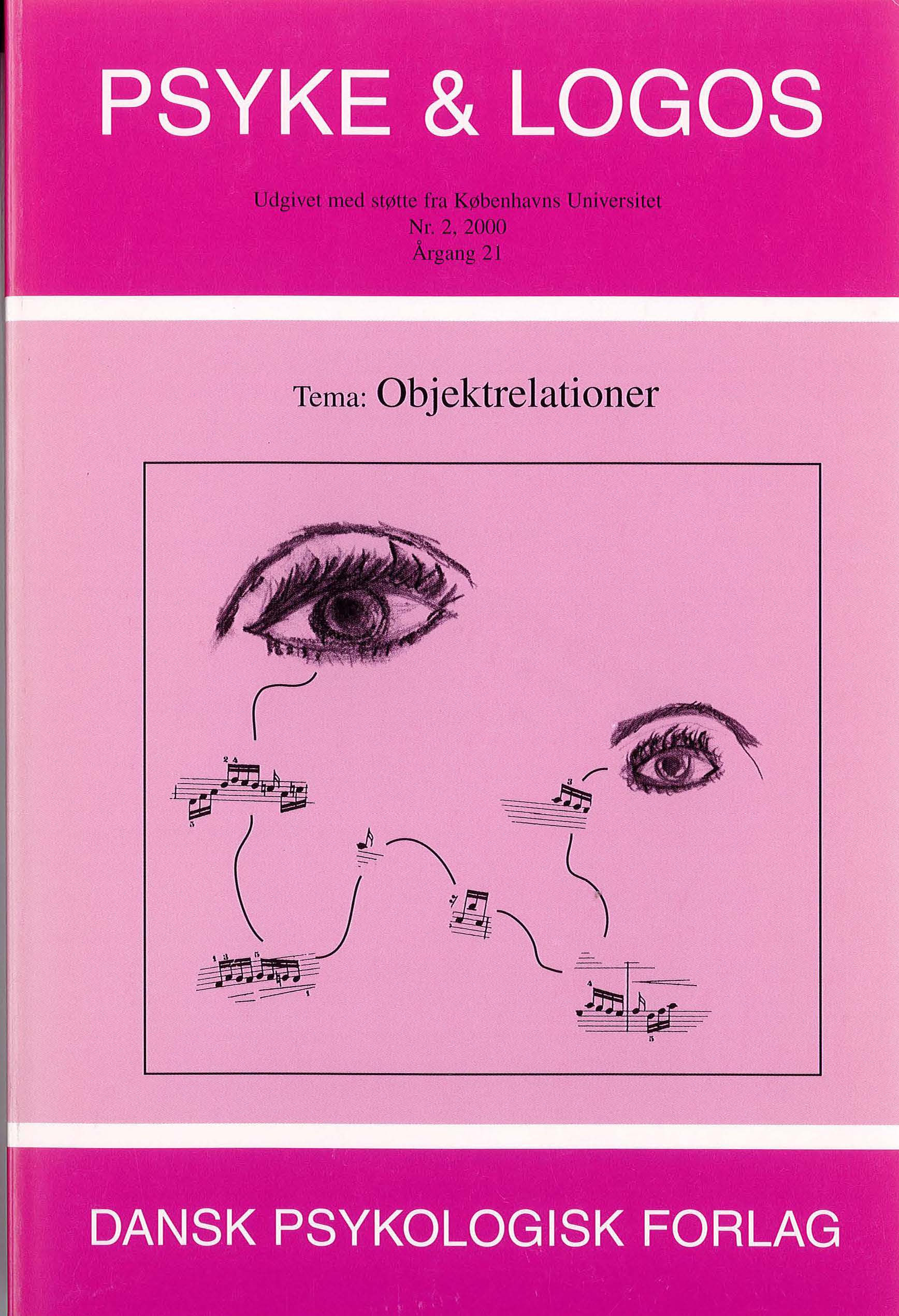PSYKOANALYSENS OVERFØRING: BEVÆGELSEN MOD ET DIALOGISK PARADIGME
DOI:
https://doi.org/10.7146/pl.v21i2.133643Resumé
Allerede Freud var opmærksom på psykoanalysens interpersonelle dynamik – det forhold, at en behandling udspiller sig på en aktuel scene og i en aktuel relation. Han var også opmærksom
på psykoanalysens narrative dimensioner, om end i en lidt anden form end hos Donald P. Spence. Men hvor freudiansk psykoanalytisk behandling især var interesseret i fortidens fortrængte
historie, er moderne psykoanalyse i stigende grad et arbejde med objektrelationer i en nutidig kontekst, dvs. i det aktuelle forhold mellem analysand og analytiker. Det har også betydet et ændret syn på overføringen, hvor overføring nu tildeles værdi, fordi den i en dialog med nutiden medvirker til at reorganisere analysandens intrapsykiske og interpersonelle forhold. Senere psykoanalyse (hos Hans W. Loewald, André Green og hos Merton M. Gill) kan i flere henseender betragtes som en videreudvikling af indsigter, som Freud havde, men ikke altid tog de fulde konsekvenser af. Loewald og Green gør brug af D.W. Winnicott i en udbygget forståelse af Freuds begreb om overføringen som et »Zwischenreich« og peger mod et dialogisk paradigme, som synes at samsvare Arnold Coopers modernistiske syn på overføringen.
Downloads
Publiceret
Citation/Eksport
Nummer
Sektion
Licens
Ophavsret er tidsskriftets og forfatternes. Det er gældende praksis, at artikler publiceret i Psyke & Logos, som efterfølgende oversættes til andet sprog, af forfatteren frit kan publiceres i internationale tidsskrifter, dog således at det ved reference fremgår, at den oversatte artikel har et forlæg i en dansksproget version i Psyke & Logos. Artikler kan frit deles og linkes til på forsknings- og undervisningsnetværk (så som Blackboard). Link foretrækkes, fordi det giver oplysning om brug af tidsskriftets artikler.




